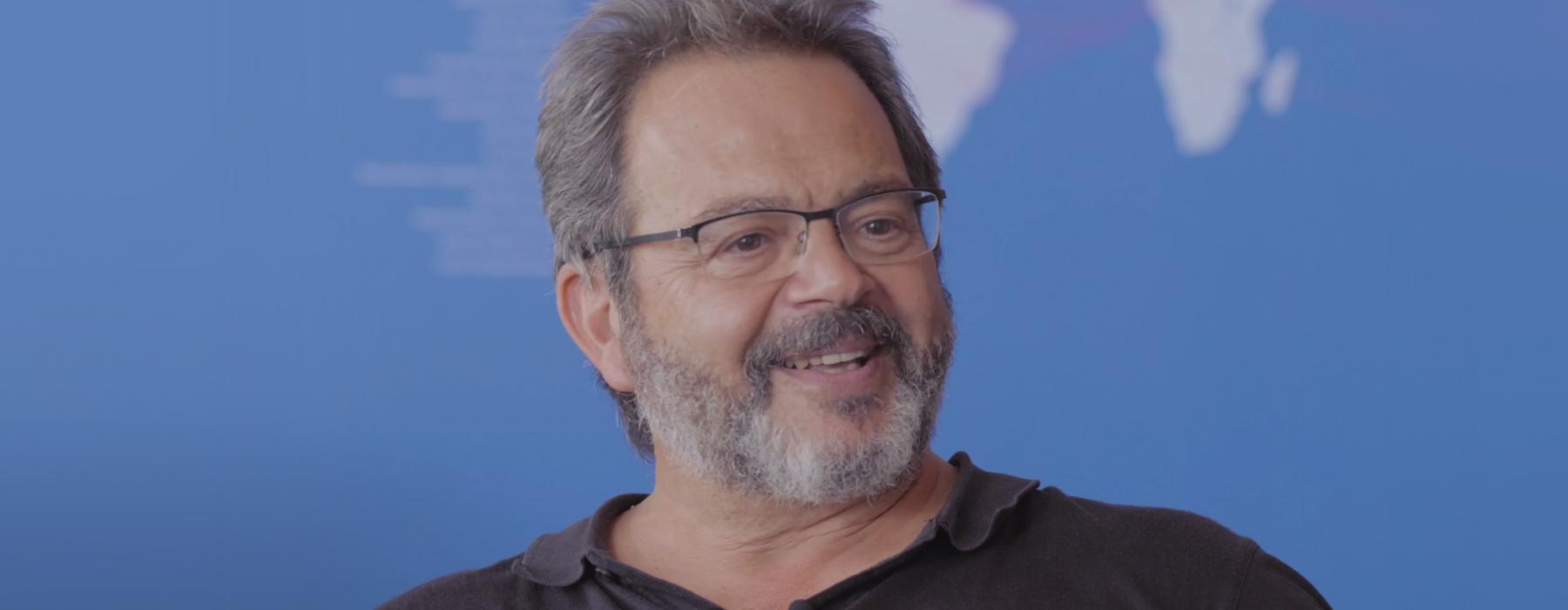
WM: There are several things you say here that are nice. I want to come back to that last one at the end. Because what you sketch out is a kind of hope for a kind of future, which is more hopeful than the more critical perspective that many people have of us, so I want to end with that.
But right now there are two things that I am interested in. You suggested, let us stop thinking about - or that it might be more useful to think complexly about - not necessarily decolonizing the museum but how to weaponize the museum to achieve a decolonial project in the present, which I agree with.
Yet I struggle with, how do we … what is a weaponization process? Because one would have to suggest that one needs to do something to the structure, to the way of working and knowing, to the discipline itself, to be able to ask new questions, right? So what do we need to do as museums for ourselves, or what does the discipline have to do to be able to open itself to weaponization rather than a reproduction [of the colonial].
GH: On reflection, maybe weaponization is a bad choice of words.
WM: No, I like the word.
GH: To the extent that, you might be excused of terrorism.
But what I’m aiming to say, obviously, is to what extent can the museum take part in the struggle against colonialism, to not simply think about decolonizing itself but to participate in the struggle in the rest of society. Because, you know, the museum seems to be like a discipline of anthropology in itself, it can think of its own autonomous dynamic and can become, in a sense, totally wrapped up in its autonomy and forget that it is in and part of the rest of society. The question then, to me, comes to this: when someone visits a museum, does their mind work in a way that reproduces colonial-structured thought, or do they leave the museum having disrupted this colonial structure of thought?
If by saying the decolonized museum is the museum which allows the visitors to leave having disrupted colonial thought, then we can use the decolonized museum. Why not? And so the question becomes, how? How do they do it? Because obviously we can still go to the ethnology museum and think of the objects as acquisitions, which reflect the greatness of the civilisation that has acquired them. Western culture - not just western culture, all cultures actually - have a long history of exhibiting others. Like the royal menagerie, it is like you visit the king and the king will tell you “I’ve got a giraffe and I’ve got a lion.” You don’t say, how great the giraffe is or how great the lion is, but you say how great the king is, because they have the giraffe and the lion. And I think it is important not to create that effect in the ethnology museum, whereby the visitor thinks “oh what an amazing mask, wow amazing boat by these ethnic people, oh wow” and come out thinking, “my country and its empire were great,” which is possible.